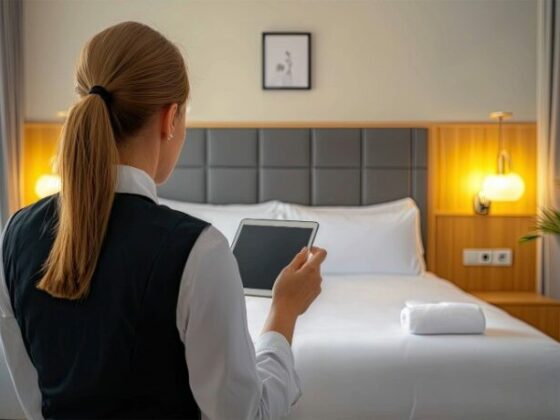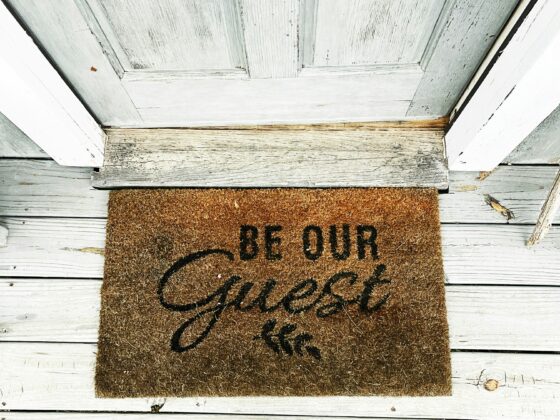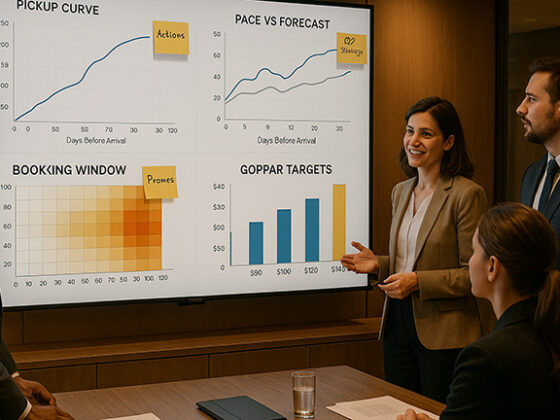Hotels across the U.S. are still struggling to fill open positions, with nearly two-thirds (65%) reporting staffing shortages despite increased wages and new incentives, according to a recent survey by the American Hotel & Lodging Association (AHLA) and AHLA Gold Partner, Hireology.
Although hotels in the U.S. have largely recovered from the pandemic, hotel employment is still nearly 10% below pre-pandemic staffing levels, said AHLA President and CEO Rosanna Maietta.
“The hospitality sector is committed to attracting and retaining talent, investing in workforce development and creating good jobs for millions of Americans and we are working hard in Washington to ensure we have a policy environment that supports these efforts,” said Maietta.
The industry has taken steps to rebuild its workforce, with pay raises, flexible hours and hotel discounts helping to reduce the percentage of hotels experiencing staffing shortages from 76% in May 2024 to 65% by the end of the year, according to the survey.

Hotels classified as “severely understaffed” dropped from 13% in May to 9% in the latest survey.
“The hospitality industry faces a dual challenge: staffing shortages, particularly in key roles like housekeeping and front desk, coupled with the need to retain existing talent,” said Adam Robinson, co-founder and CEO of Hireology. “While wage increases and other efforts by hoteliers are positive steps, we must prioritize career mobility and create clear paths for advancement to truly attract and retain the workforce we need.”
Despite active recruitment efforts, more than 70% of hotels surveyed reported vacancies they were unable to fill. On average, hotels have six to seven unfilled positions per property, with housekeeping (38%) being the hardest to staff, followed by front desk roles (26%), culinary positions (14%) and maintenance jobs (13%).
To attract and retain workers, hotels have primarily focused on increasing wages, with 47% citing pay raises as their key strategy. Other efforts include flexible scheduling (20%), hotel discounts (13%) and participation in job fairs and advertising (9%).
Despite staffing challenges, most hoteliers remain optimistic about career prospects in the industry. A strong majority (72%) said they believe job opportunities in hospitality are as strong as or better than before the pandemic.
AHLA continues to push for legislative changes to expand workforce opportunities while its foundation runs workforce development programs, including the Hospitality Sector Registered Apprenticeship program and the Empowering Youth Program, which connects young adults with entry-level hotel positions and career training.
The survey, known as AHLA’s Front Desk Feedback, gathered responses from 282 hoteliers between December 6, 2024 and January 3, 2025.








